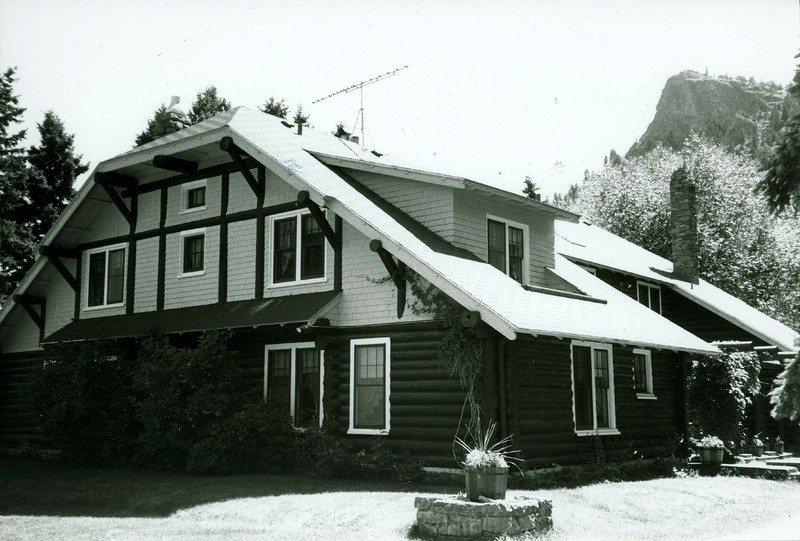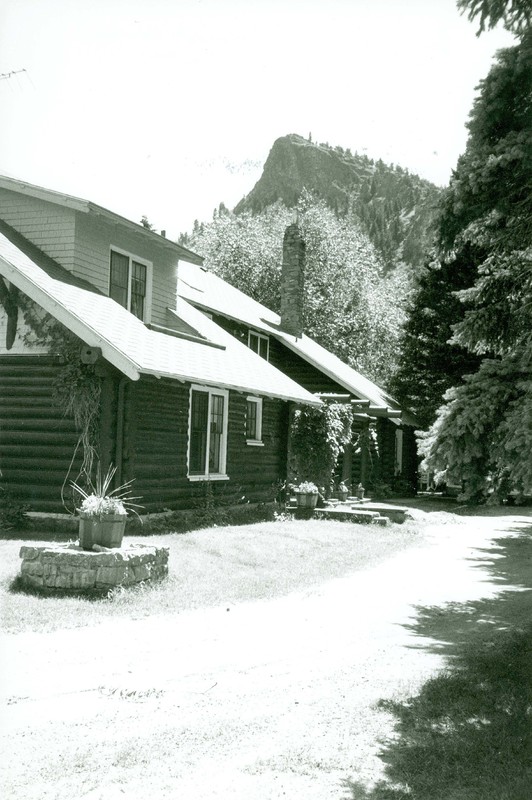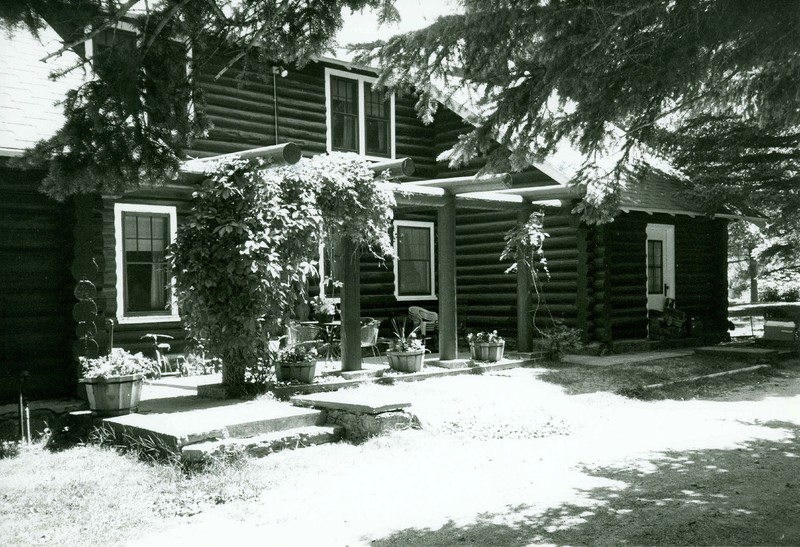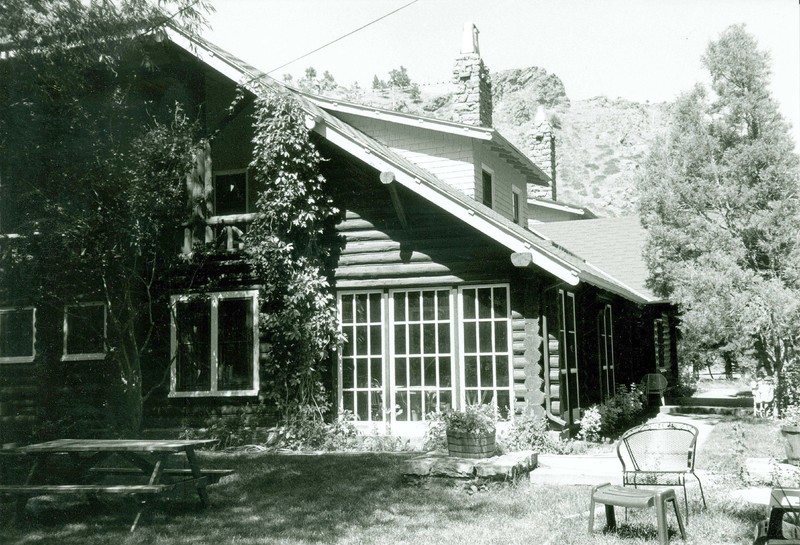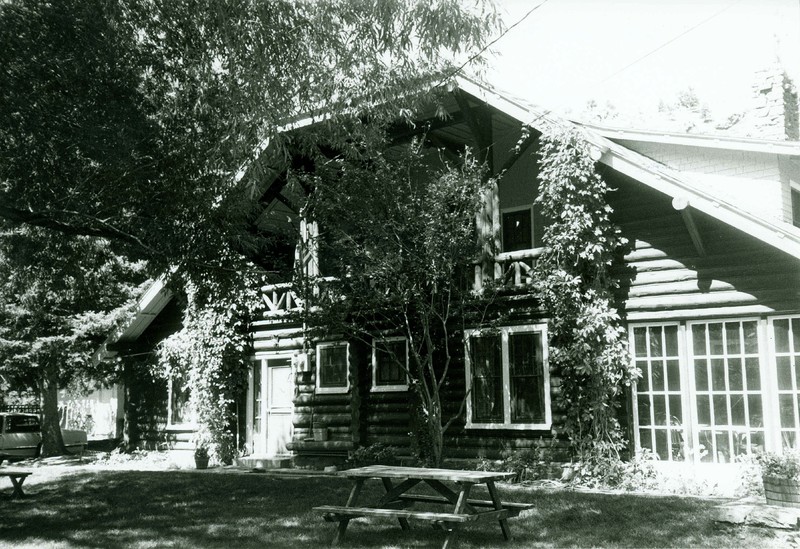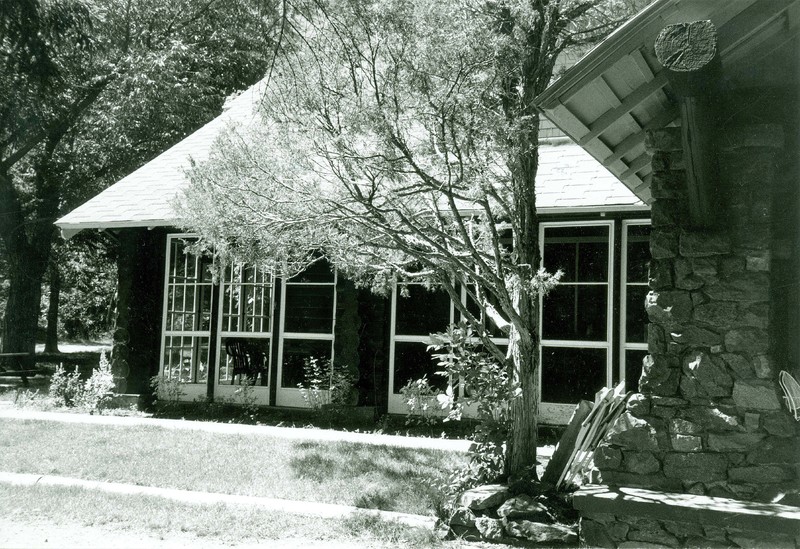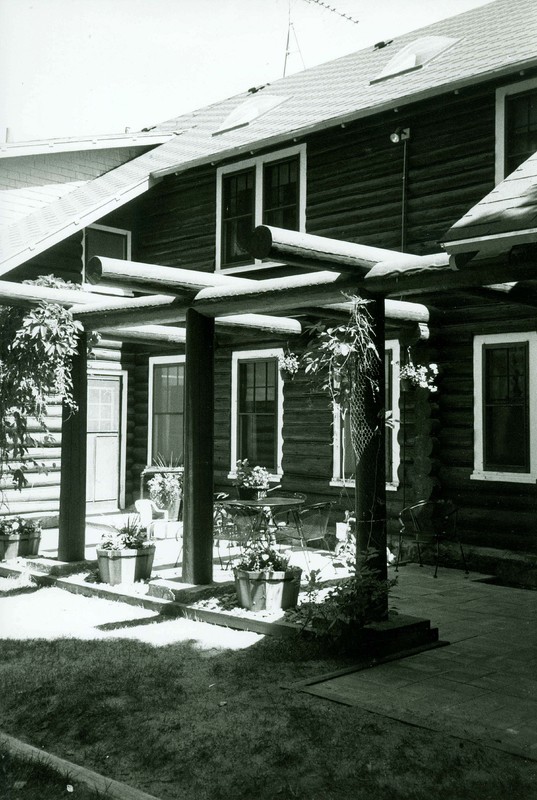C.B. Power Bungalow
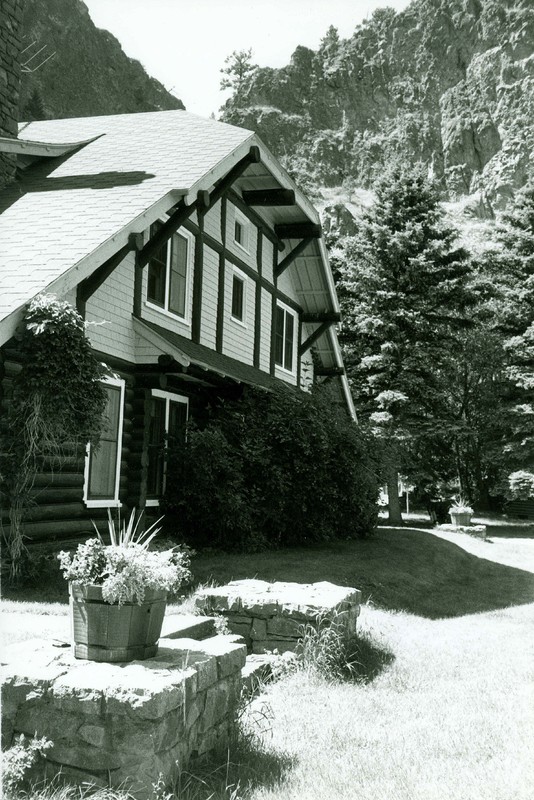
Nestled against the dramatic rise of granite bluffs, this monumental Craftsman bungalow style home blends well with its setting. The masterful use of natural materials and fine design reveal the decided influence of Robert C. Reamer, whose work as architect at Yellowstone Park popularized the rustic ideal. Great Falls architect W. E. Donovan carried out the conceptualized plans and supervised construction of the residence, which showcases Reamer’s trademark: the manipulation of rugged materials. Upon its completion in 1913, the Great Falls Tribune declared it the “… best country residence in Montana, if not in the northwest.” Native stone and Idaho cedar carry through to the interior, which features rough log walls and a massive granite fireplace. The living room rises to a ceiling height of twenty-two feet, and a second-floor balcony extends around its perimeter. An innovative power plan fueled by a private water system originally supplied the residence with electricity. C. B. Power was the son of U.S. senator T. C. Power, who made a vast fortune in merchandising and freighting during Montana’s territorial period. The younger Power used the home as both summer retreat and permanent residence. Among the notables who visited here were Montana senator Thomas Walsh and prizefighter Jack Dempsey. Power sold the property to rancher and former Lewis and Clark County sheriff Brian D. O’Connell in 1947. O’Connell’s children extended their gracious hospitality in 1993, opening their former home to the public as an inviting inn.
Images

